Ingredients To Avoid Sensitive Skin
Sensitive skin, yeah, it’s that type that gets all worked up over the little things. Redness, itching, burning, or just straight-up dryness—it’s got all the drama. It’s like your skin’s way of overreacting to external factors, whether that’s a weird ingredient in your face wash, the wrong laundry detergent, or maybe even just a change in the weather.
For folks walking around with sensitive skin, it’s a bit like navigating a minefield. Every product has to be picked like it’s a precious gem, one wrong move, and your skin might throw a tantrum. That means no cutting corners—check those labels, understand your triggers, and don’t just grab whatever’s on sale if you want to avoid irritation and keep your skin happy.
Ever wonder why exactly your skin feels like it’s got its radar on for any potential threats? Well, with sensitive skin, it’s always ready to react. Everyday items are often the culprits—detergents, fragrances, or an exfoliant scrub can kick off a bout of itchiness or dryness faster than you can say ‘skin care’.
On top of that, environmental stuff like changes in weather can be a nightmare. Hot, windy, or cold weather can make even the most benevolent skin get riled up. Sensitive skin can get dry, cracked, and just generally unhappy under these conditions.
And the sun? Oh boy. Sensitive skin and sun exposure go together like oil and water. Extra care’s needed when the sun’s out because your skin is basically more prone to sunburn. Hats and sunblock are your best friends in this case—don’t skimp on protection.
Beware: Ingredients That Can Aggravate Sensitive Skin
Sensitive skin doesn’t play well with many common ingredients, so being selective can save you from a lot of irritation.
①Fragrances—whether natural or synthetic—are like matchsticks for sensitive skin, easily sparking irritation. Going fragrance-free is often the best route to avoid unnecessary flare-ups.
②Alcohol—especially denatured alcohol—is notorious for drying out the skin faster than a desert breeze. To keep sensitive skin happy, choose alcohol-free products to maintain moisture levels.
③Sulfates, such as sodium lauryl sulfate found in many cleansers, create that bubbly lather but strip away essential moisture, leaving sensitive skin dry and tight. Opt for sulfate-free cleansers to keep your skin barrier intact.
④Parabens, commonly used as preservatives, can also stir up trouble. Though they keep products fresh, they can cause irritation, so looking for paraben-free labels is a wise choice for sensitive skin.
⑤Synthetic dyes may make products look vibrant, but they can also aggravate sensitive skin. Choosing dye-free products can help avoid unnecessary irritation.
⑥Harsh exfoliants like walnut shells or large particles can be too abrasive for sensitive skin, leading to micro-tears and damage. Look for gentle, non-abrasive exfoliants or skip them altogether.
⑦Chemical sunscreens with ingredients such as avobenzone or oxybenzone can be too intense for sensitive skin. Mineral sunscreens with zinc oxide or titanium dioxide are gentler alternatives.
⑧Essential oils like peppermint or eucalyptus may sound calming, but they often lead to redness and irritation. Opting for fragrance-free or low-scent products is safer for sensitive skin.
⑨Petroleum-based ingredients like petrolatum and mineral oil can clog pores, causing breakouts. Non-petroleum moisturizers are a better choice to keep sensitive skin clear and calm.
⑩Active ingredients can easily overwhelm sensitive skin, so introduce new products gradually to avoid reactions and keep your skin balanced.
Caring for Sensitive Skin: Beneficial Ingredients and Patch Testing
When it comes to nurturing sensitive skin, you want ingredients that treat it right:
Ceramides are the bodyguards of your skin barrier, holding it together and reducing redness like pros. These are essential for a resilient skincare lineup.
Witch hazel is nature’s answer to calming the skin. With anti-inflammatory powers, it tones and soothes without harshness—just the gentle touch sensitive skin craves.
Bisabolol is another hero known for its ability to reduce irritation. It’s perfect for sensitive skin that needs a little extra calm.
Hyaluronic acid steps in as the hydration superstar. It provides deep moisture without irritating sensitive skin, leaving it plump and happy.
Niacinamide not only soothes redness but strengthens the skin barrier while improving texture. It’s the multi-tasking ingredient that keeps skin glowing and resilient.
Glycerin acts as a moisture magnet, ensuring your skin stays hydrated and shielded from dryness.
Before diving into new products, it’s wise to do a patch test to avoid unwanted reactions. Choose a small patch of skin, like your forearm, and apply a small amount of the product after cleaning the area. Let it sit for 24 to 48 hours to see how your skin responds.
Watch out for signs of redness, itching, or burning. If you spot any, it’s a sign to steer clear—no product is worth risking irritated skin!



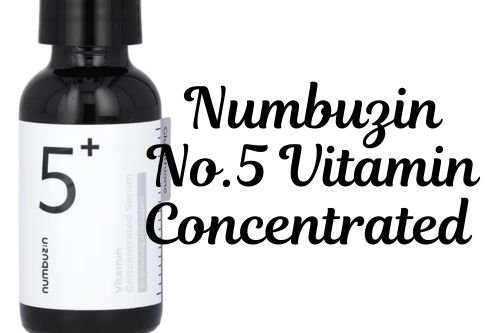


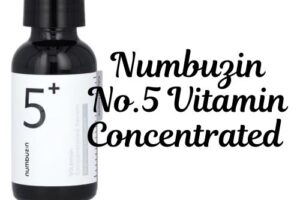
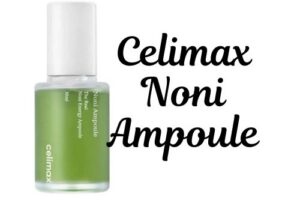
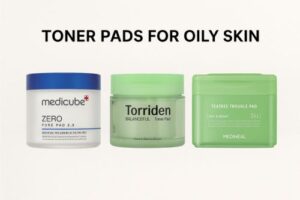



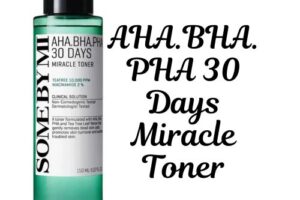

3 comments